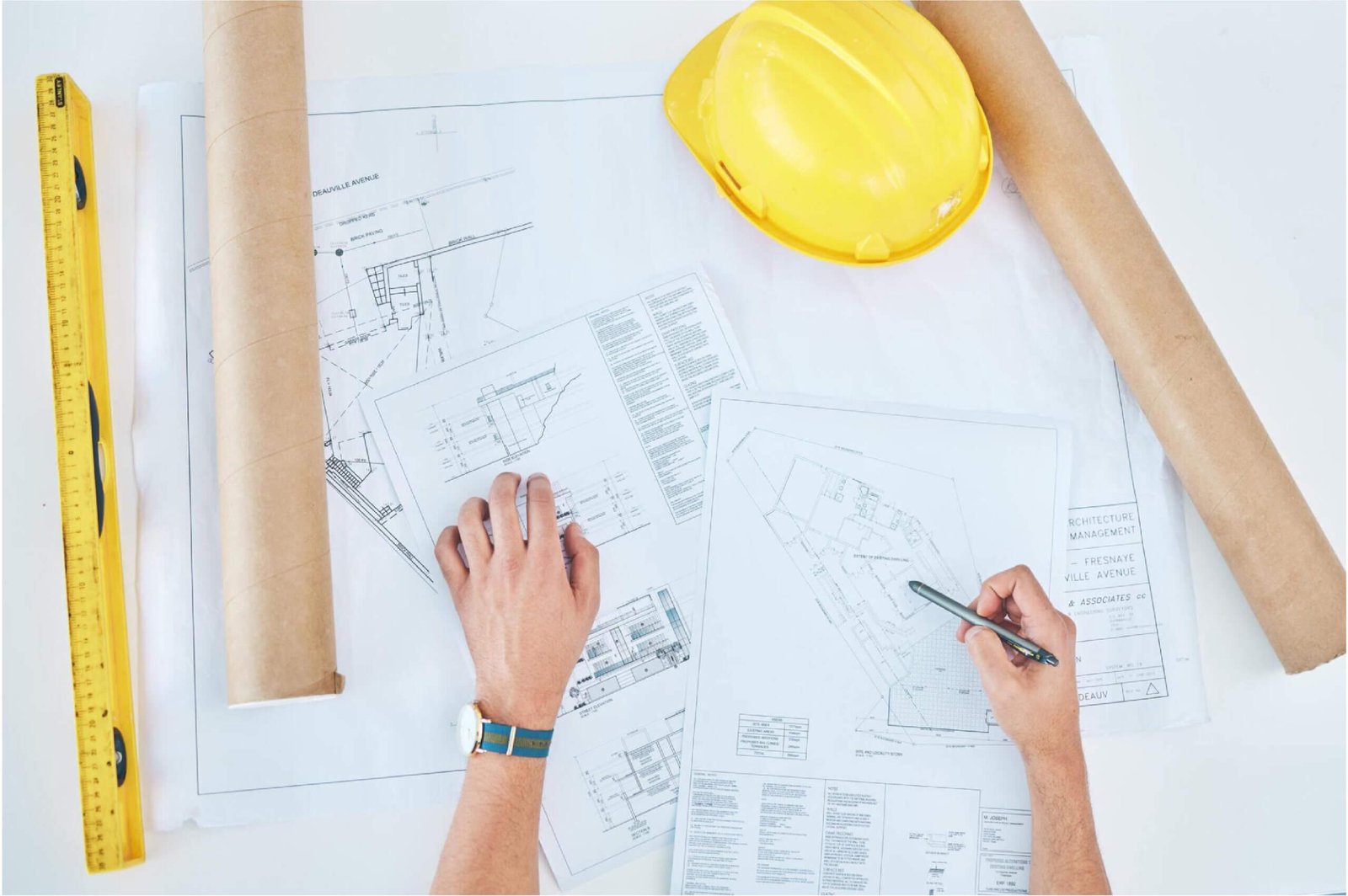TRUSTED THIRD PARTY EVALUATION OF STRUCTURAL DESIGNS
Architects or lawyers or developers looking for a neutral third-party opinion on structural designs can rest assured of transparent and unbiased evaluation. We conduct a thorough verification of the structural model and results provided and perform independent analysis based on the client’s requirements.
- Validation of Engineering Calculations
- Assessment of Design Considerations:
- Evaluation of Structural Safety
- Identification of Potential Design Flaws
- Compliance with Regulatory Standards
- Feedback for Improvement
Are you looking for a neutral evaluation of structural designs? Our team of highly experienced structural engineers provides a transparent and unbiased review of structural designs and models submitted by other parties.
Frequently Asked Questions
Peer review in structural engineering serves the purpose of ensuring the technical accuracy, reliability, and safety of structural designs and analyses. It involves independent evaluation by experts in the field to validate calculations, assess design considerations, and identify potential flaws or weaknesses in the work being reviewed.
Peer review in structural engineering is typically conducted by experienced and qualified professionals who specialize in the specific area of review. These experts have a deep understanding of structural engineering principles, industry standards, and regulatory requirements.
The peer review process in structural engineering generally involves the submission of a research paper, design report, or construction plans to a peer-reviewed journal, professional association, or consulting firm. The work is then assigned to knowledgeable reviewers who carefully evaluate the submission, providing feedback, recommendations, and suggestions for improvement.
During peer review, various aspects of a structural engineering project are assessed. This includes evaluating engineering calculations, design considerations, structural safety, compliance with regulatory standards, and identification of potential design flaws or weaknesses. Reviewers may also provide feedback on areas such as material selection, construction methods, and risk mitigation measures.
The duration of the peer review process can vary depending on factors such as the complexity of the project, the availability of reviewers, and the specific requirements of the journal or organization conducting the review. It typically takes several weeks to several months to complete the peer review process.
Peer review in structural engineering offers several benefits, including:
- Ensuring the accuracy and reliability of calculations and design decisions.
- Identifying potential flaws or weaknesses in the design.
- Enhancing the safety and structural integrity of projects.
- Complying with regulatory standards and industry guidelines.
- Providing constructive feedback and recommendations for improvement.
- Enhancing the credibility and quality of the work being reviewed.

